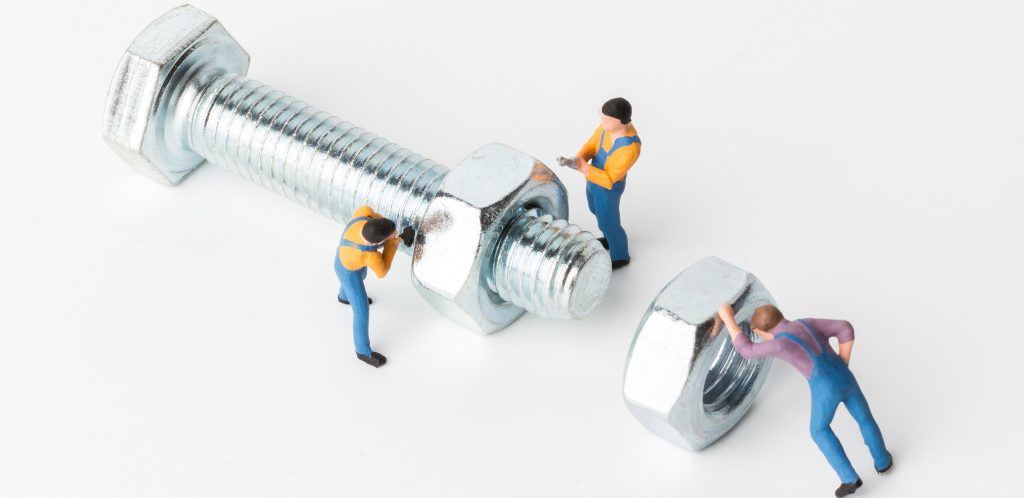Most consumers must choose between between either Chapter 7 and Chapter 13 bankruptcy. If you have significant assets (like equity in your home) then you may want to file a Chapter 13 bankruptcy. In a Chapter 7 bankruptcy, those assets may be subject to to liquidation by the trustee. But even in a Chapter 13 bankruptcy, you must satisfy the Chapter 7 liquidation test. So what is it?

The Chapter 7 Liquidation Test
In Chapter 7, the main goal of the bankruptcy trustee assigned to your case is to identify and sell (or “liquidate”) your unexempt assets. Yet most people who file Chapter 7 have “no asset” cases. That is, your bankruptcy lawyer will be able to fully protect your assets from liquidation.
If you do have unexempt assets, however, you may choose to file a Chapter 13 bankruptcy. Even though you have filed a Chapter 13 and not a Chapter 7, you still must pass the Chapter 7 liquidation test, which can be found at 11 U.S.C. 1129(a)(7)(A)(ii). The test requires that the unsecured creditors in your Chapter 13 case must be paid at least as much as they would if your case were filed under Chapter 7.
For most Chapter 13 debtors, the liquidation test poses no problem. If you have significant assets, however, then you may need to pay more into your Chapter 13 Plan to protect the equity in those assets. One of the most common large assets is equity in real property. The amount payable to unsecured creditors in a Chapter 13 case often depends upon the total value of your assets.
Chapter 7 Liquidation Test Analysis
When you meet with your attorney, you should fully and accurately disclose all of your assets and all of your debts. That way your lawyer can provide you with the very highest quality advice. If you are facing financial difficulty, contact the bankruptcy attorneys at Lee Legal by calling (202) 448-5136.
